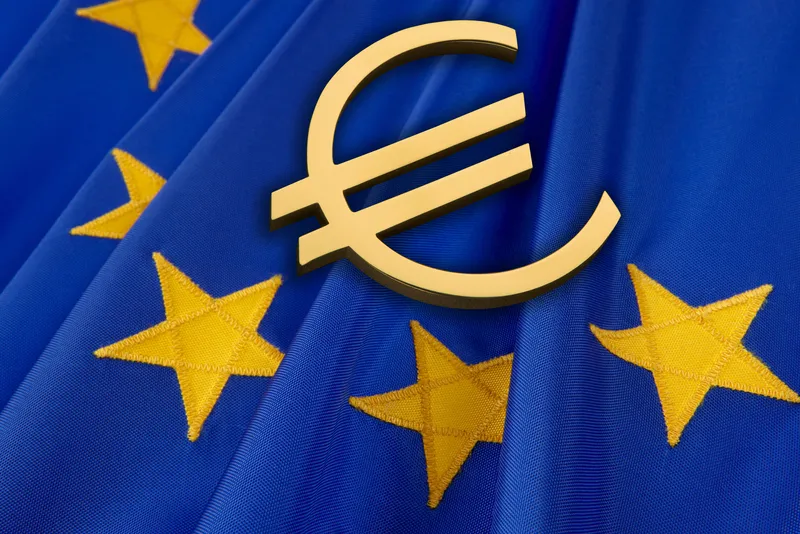Electromobility trade association AVERE has slammed a key
AVERE says the stance agreed this week by EU environment ministers “falls short in providing the e-mobility sector with right signals to support the e-mobility transition”.
The Council has suggested that cars should put out 35% less CO2 by 2030 compared to 2020 – but just last week MEPs called for a 40% cut.
This means that EU states have chosen “to support and prop up old business models rather than back a clean and electrified future”, the organisation thunders.
The news comes at a time when authorities’ responses to the challenge of carbon emissions are in the spotlight: this week the United Nations’ Intergovernmental Panel on Climate Change (IPCC) warned that limiting global warming to 1.5ºC “would require rapid, far-reaching and unprecedented changes in all aspects of society”.
“Within the context of the recent IPCC report which shows that we are not on the right track to reaching our climate goals, it was very unfortunate that ministers were unable to match the same ambition as voted through in the European Parliament a couple of weeks ago,” AVERE continues.
AVERE secretary general Philippe Vangeel says: “The agreement reached in the European Council is unfortunate and shows that some key member states are still not fully committed to enabling the electrification of transport develop within Europe.”
He criticised the “lack of ambition”, adding that it would only allow the EU’s competitors “to take the lead in the transition to electrification”.
Vangeel added that there was still time to improve matters, as discussions between the European Parliament and the
“We urge the Council, Parliament, and Commission to increase the ambition in order to safeguard the future growth of the sector,” he concludes.
Last month, MEPS urged member states to improve efforts to develop Europe’s alternative fuels infrastructure, including electrification.
AVERE slams EU Council CO2 position
Electromobility trade association AVERE has slammed a key European Union Council position on future CO2 emissions in cars.
AVERE says the stance agreed this week by EU environment ministers “falls short in providing the e-mobility sector with right signals to support the e-mobility transition”.
The Council has suggested that cars should put out 35% less CO2 by 2030 compared to 2020 – but just last week MEPs called for a 40% cut.
This means that EU states have chosen “to support and prop up old business m
October 12, 2018
Read time: 2 mins









